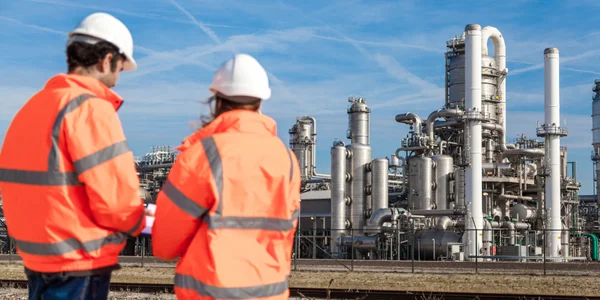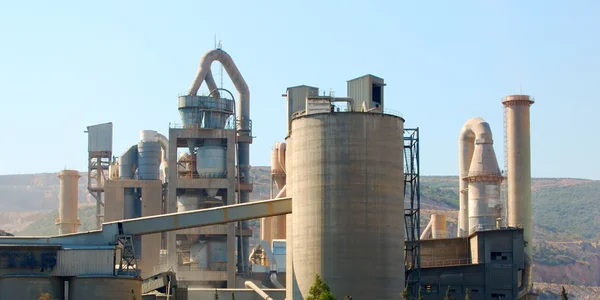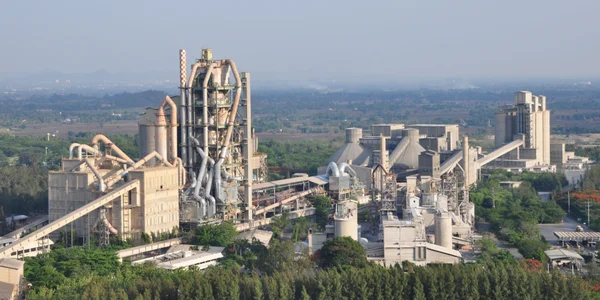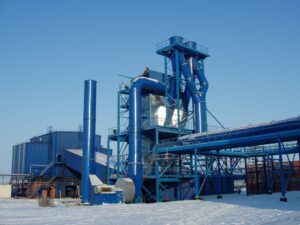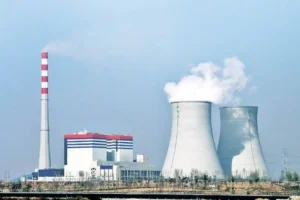Geurbeheersing
- Elektrostatische precipitators
- Achteruitrij-airbaghuizen
- Stoffilters
- Hybride elektrofilters
- Rookgasontzwaveling
- Koeler met geforceerde trek
- Schrobbers
- Gasreinigingsinstallaties
- Cyclonen
- Multiklonen
- VOC + Geurverwijderingssysteem
- Stofafzuigsysteem
- Rookafzuigsysteem
- Explosiebeveiligingsapparatuur
- Ventilatoren en blowers
- Afvalwaterbehandeling
- Lucht-lucht warmtewisselaar
Kantoren
HOOFDKANTOOR

Duitsland
-
Intensiv Filter Himenviro Technologies GmbH
Neustraße 45 - 49, 42553, Velbert, Duitsland/Duitsland - +49 20534200990
REGIONAAL KANTOOR

Groot-Brittannië
-
Intensief filter Himenviro UK Limited
47, Bath Street WS13BX, Wallsall West Midlands, Groot-Brittannië - +44 1922 628893
REGIONAAL KANTOOR

Verenigde Arabische Emiraten
-
Intensieve filter Himenviro Technologies FZE – LLC
Businesscentrum, Sharjah Publishing City Free Zone, Sharjah, VAE - +971-556074697
REGIONAAL KANTOOR

Indië
-
Intensief-Filter Himenviro Private Limited
D-247/11, Sector-63, Noida - 201301, Uttar Pradesh, India - +91-120-4642-500
REGIONAAL KANTOOR




Indië
-
Intensief-Filter Himenviro Private Limited
D-247/11, Sector-63, Noida - 201301, Uttar Pradesh, India - +91-120-4642-500
REGIONAAL KANTOOR




Indië
-
Intensief-Filter Himenviro Private Limited
D-247/11, Sector-63, Noida - 201301, Uttar Pradesh, India - +91-120-4642-500
VOC + Geurverwijderingssysteem voor de industrie
Thuis » Oplossingen » Geurbeheersing
Momenteel komen er bij een groot aantal productieprocessen waarbij organische stoffen worden gebruikt, vluchtige organische stoffen (VOS) in de atmosfeer terecht.
Sollicitatie
- Verf- en spuitcabines
- Industriële afwerking
- Coatingprocessen
- Chemische processen
- Productie van kunststof en rubber
- Farmaceutische processen
- Afvalwaterdampen en gassen


Proces
- Maximale oplosmiddelconcentratie: 11.000 mg/Nm3
- Oplosmiddelconcentratie voor autothermische werking: 1,3-1,7 g/Nm3.
- De bedrijfstemperatuur van de RTO-apparatuur ligt boven de 750 graden Celsius en kan bij sommige toepassingen oplopen tot 1100 graden Celsius.
- Keramische media hebben een lange levensduur
- Interne isolatie voor energiebesparing & thermisch efficiëntie is > 98%
Onze diensten
Casestudy
Veelgestelde vragen
1. What is an odour control system?
An odour control system is a setup that removes bad smells from the air. It uses different methods to clean the air, making it more pleasant and safe to breathe. These systems are important in places like factories, sewage plants, and waste treatment facilities where strong odours can be a problem.
2. How does an odour control system work?
An odour control system works by capturing and treating smelly air. It uses methods like chemical scrubbing, where chemicals neutralize bad smells, or bio-filtration, where tiny organisms break down odour-causing substances. The cleaned air is then released back into the environment without the unpleasant odours.
3. Why are odour control systems important in industries?
Odour control systems are important in industries because they help keep the air clean and safe. Bad smells can be harmful to workers and nearby communities. Controlling odours also helps companies follow environmental rules and maintain good relationships with the public.
4. What types of odour control technologies are available?
There are several types of odour control technologies:
- Adsorptiesystemen: Use materials like activated carbon to trap odour molecules.
- Chemical Scrubbers: Use chemicals to neutralize odorous gases.
- Biological Oxidation Systems: Use microorganisms to break down odour-causing compounds.
Each type is chosen based on the specific needs of the facility.
5. How do you choose the right odour control system for your facility?
Choosing the right odour control system depends on factors like the type of odour, the size of the area, and budget. It’s important to assess the specific needs of your facility, consider the efficiency of different systems, and consult with experts to select the most suitable solution.
6. Can odour control systems handle multiple types of odours?
Yes, many odour control systems are designed to handle various types of odours. For example, chemical scrubbers can neutralize different odorous gases, and bio-filters can treat a range of organic smells. The effectiveness depends on the system’s design and the specific odours present.
7. What maintenance is required for odour control systems?
Maintenance for odour control systems includes regular inspections, replacing filters or media, and ensuring all parts are functioning properly. Routine maintenance helps the system work efficiently and extends its lifespan. It’s important to follow the manufacturer’s guidelines for specific maintenance tasks.
8. Are odour control systems environmentally friendly?
Many odour control systems are designed to be environmentally friendly. For instance, bio-filters use natural processes involving microorganisms to break down odorous compounds without harmful chemicals. Choosing the right system can help minimize environmental impact.
9. How effective are odour control systems in eliminating industrial odours?
Odour control systems can be highly effective in reducing or eliminating industrial odours when properly designed and maintained. The efficiency depends on factors like the type of system, the specific odours being treated, and regular maintenance. Consulting with experts can help achieve optimal results.
10. What factors should be considered when installing an odour control system in India?
When installing an odour control system in India, consider factors like local environmental regulations, the specific odour issues of your facility, climate conditions, and availability of maintenance services. It’s also important to choose a system that fits your budget and operational needs.

